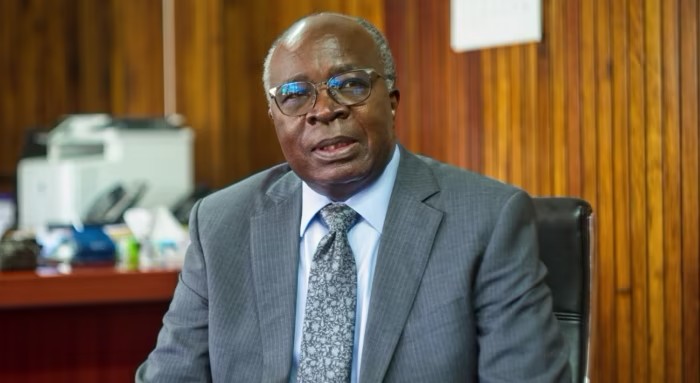The Zambian government has defended its decision to remove the 15% export duty on gemstones and precious metals, a policy shift officially implemented a week ago to revitalize the sector. Finance and National Planning Minister Dr. Situmbeko Musokotwane emphasized that this move is expected to benefit more than 500 artisanal and small-scale miners, including women and youth, while enhancing Zambia’s global competitiveness.
Speaking at a press briefing in Lusaka, Dr. Musokotwane stated that eliminating the duty would provide much-needed financial relief to local miners, who have long struggled with high operational costs and intense global competition. He highlighted that easing the export duty would improve cash flow and make Zambian gemstones and metals more attractive to international buyers.
The removal of the tax is expected to have a lasting impact on the country’s mining sector, a critical pillar of the national economy. Artisanal and small-scale miners, many of whom operate with limited resources, will now have greater opportunities to grow their businesses. Among the primary beneficiaries of this policy change are women and youth, who constitute a significant portion of the workforce in the sector.
Dr. Musokotwane reiterated that scrapping the tax aligns with the government’s broader goal of empowering local miners and ensuring that economic opportunities are accessible to all Zambians. He explained that by allowing miners to reinvest in their operations and expand production, the new policy would contribute more effectively to the national economy.
Initially introduced as a revenue-generating measure, the 15% export duty had been widely criticized by industry players for making Zambian gemstones and metals less competitive internationally. Buyers frequently opted for suppliers from countries with lower export costs, leading to reduced sales and growth opportunities for local miners.
By removing the duty, the government aims to position Zambia as a more attractive source of high-quality gemstones and precious metals. Dr. Musokotwane pointed out that this shift is expected to increase sales volumes and stimulate economic activity within the mining sector. He also noted that the previous tax structure discouraged investment in the industry, preventing miners from expanding their operations. Now, with the waiver in place, there is renewed optimism that investors will view Zambia’s gemstone sector as a lucrative and viable opportunity.
The decision has been met with widespread approval from industry stakeholders, who see it as a game-changer for small-scale miners. Grace Chanda, a miner and youth advocate, welcomed the move, describing it as a victory for local miners. She expressed hope that improved market access would enable Zambian miners to compete more effectively on the global stage.
As Zambia continues to strengthen its footprint in the international mining industry, the removal of the 15% export duty is expected to drive long-term economic benefits. The policy shift not only improves the livelihoods of local miners but also attracts international buyers and investors, paving the way for sustained industry growth.
Dr. Musokotwane reaffirmed the government’s commitment to ensuring that Zambia’s mineral wealth benefits its people. He stressed that the waiver is part of a broader strategy to enhance global competitiveness, promote inclusivity, and foster sustainable development in the mining sector.
With this bold move, Zambia is positioning itself as a key player in the global gemstone and precious metals trade, demonstrating that its natural resources are a powerful catalyst for national economic transformation.






